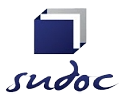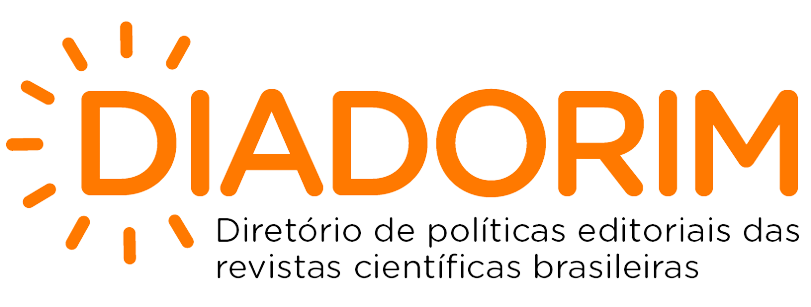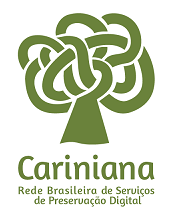Orality marks in "the woman who ate the lover", by Bernardo Élis
DOI:
https://doi.org/10.5433/boitata.2009v4.e31068Keywords:
Bernardo Élis, Orality, DialogismAbstract
This study intends to analyse the short story "A mulher que comeu o amante", by Bernardo Élis. The employed resource concerns to orality as inherent sign of the narrator and character's speech, each of them in its own manner. The article inquires therefore after how the brazilian inland oral tradition is depicted in a sort of text in which the discursive ambiguity is taken as a valid expression, in such wise as to link, throughout dialogism, a regional theme to the universal human subject. The methodological way to go is investigating some components of the chosen short story through an oral nature reformulated as artistic artefact. For this, authors such as Mikhail Bakhtin (1981), Walter Benjamin (1979), Irene Machado (1995), among others, appear relevant.
Downloads
References
BENJAMIN, Walter. O narrador: considerações sobre a obra de Nicolai Leskov. In: BENJAMIN, Walter. Magia e técnica, arte e política: ensaios sobre literatura e história da cultura. Trad. Sérgio Paulo Rouanet. São Paulo: Brasiliense, 1979.
BOSI, Alfredo. História Concisa da Literatura Brasileira. São Paulo: Cultrix, 1994.
ÉLIS, Bernardo. Os melhores contos de Bernardo Élis / seleção de Gilberto Mendonça Teles. São Paulo: Ed. Global, 1996.
FERNANDES, Frederico Augusto Garcia. A voz em performance: uma abordagem de narrativas e versos orais da cultura oral pantaneira. 2003 . Tese (Doutorado em Letras) - Universidade Estadual Paulista, Assis, 2003.
FERNANDES, Frederico Augusto Garcia (Org.) Oralidade e Literatura: manifestações e abordagens no Brasil. Londrina: Eduel, 2003.
MACHADO, Irene. O romance e a voz: a prosaica de Mikhail Bakhtin. Rio de Janeiro/São Paulo: Imago/Fapesp, 1995.
ONG, Walter. Oralidade e cultura escrita. Trad. Enid A. Dobránzky. Campinas: Papirus, 1998.
Downloads
Published
How to Cite
Issue
Section
License
Copyright (c) 2009 Boitatá

This work is licensed under a Creative Commons Attribution 4.0 International License.
Boitatá esta licenciada com CC BY sob essa licença é possível: Compartilhar - copiar e redistribuir o material em qualquer suporte ou formato. Adaptar - remixar, transformar, e criar a partir do material, atribuindo o devido crédito e prover um link para a licença e indicar se mudanças foram feitas.





















